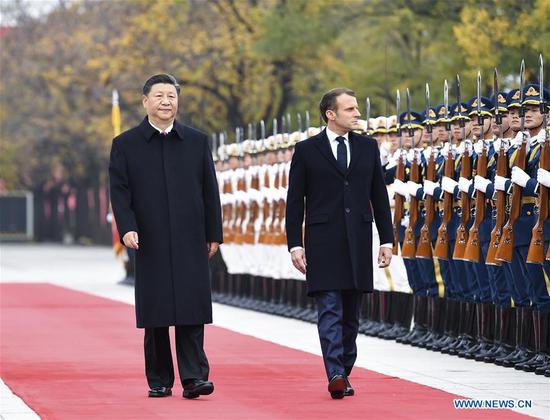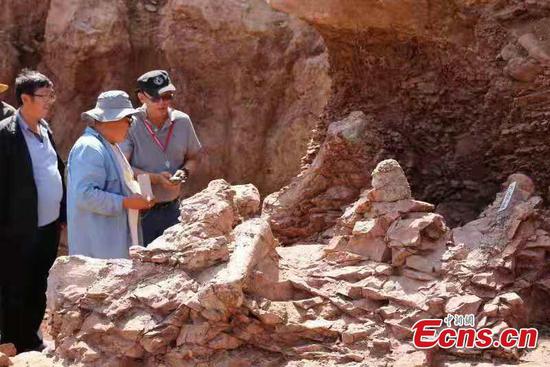Tibet has been part of China since ancient times and it enjoys development and religious freedom, Chinese Ambassador to India Sun Weidong wrote in an article published in the Hindustan Times on Wednesday.
The article, entitled China's Tibet: A story of progress, said this year marks the 70th anniversary of the founding of the People's Republic of China and the 60th anniversary of democratic reform in Tibet, and over the past 60 years great changes have taken place in Tibet under the leadership of the Communist Party of China.
Politically, the backward feudal serfdom was abolished and a socialist system with people as masters and regional ethnic autonomy was established, Sun wrote.
Economically, Tibet has enjoyed double-digit growth for 26 consecutive years, he said. Its GDP in 2018 was 147.763 billion yuan (21 billion U.S. dollars), up by 9.1 percent year-on-year, a growth rate leading the country.
Culturally, Tibetan language has become the first ethnic minority language in China to meet international standards, Sun noted.
In education, Tibet boasted a 9.55-year per capita schooling in 2018 from less than 2 percent of children school enrolment rate and 95 percent of youth illiteracy rate 70 years ago.
In the religious field, Sun pointed out that Tibet has over 1,700 religious sites and over 46,000 resident monks and nuns. Each year, millions of people come to Lhasa to worship the Buddha.
"Historical records prove that Tibet has been part of China since ancient times," he wrote. "In today's world, it is universally recognised that Tibet is an integral part of China, and no country has ever recognised 'Tibetan independence'."
"And there is no such thing as the so-called 'political status'" of Tibet," he added.
The Chinese ambassador expressed his hope and belief that India, as a responsible major country, will stick to its position on Tibet, honor its commitments, resist interference in Tibet-related issues and promote the healthy and stable development of China-India relations.
On June 23, 2003, China and India signed the Declaration on Principles for Relations and Comprehensive Cooperation, in which India recognises that Tibet Autonomous Region is part of the territory of China and India does not allow Tibetans to engage in political activities against China in India.
This commitment was reaffirmed in subsequent bilateral documents between the two countries.


















































